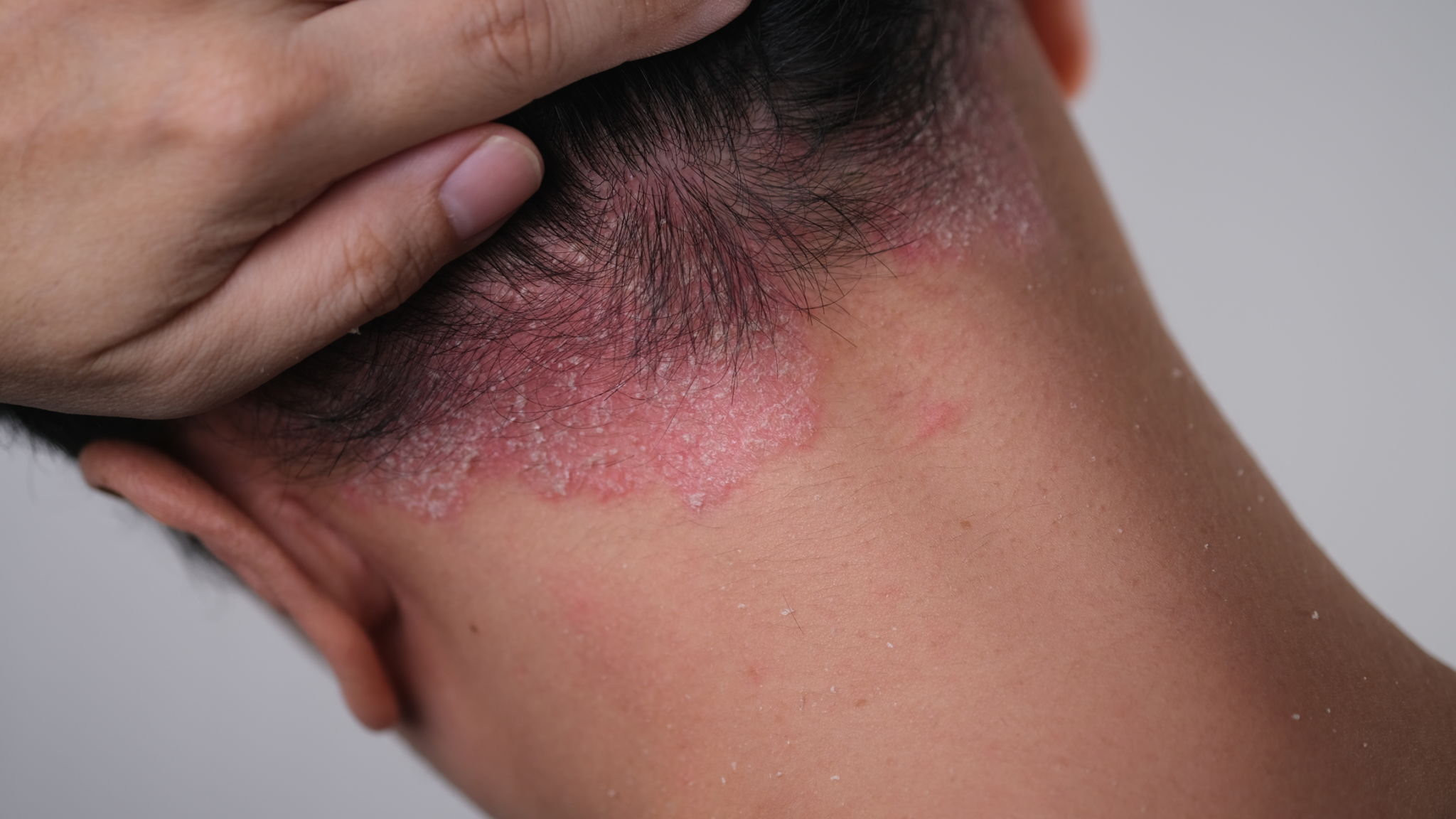Understanding Scalp Psoriasis: Causes, Symptoms, and Treatment Options
Ir
What is Scalp Psoriasis?
Scalp psoriasis is a common skin disorder that leads to the development of reddish, scaly patches on the scalp. This condition is a variant of psoriasis, which is an autoimmune disease resulting in the rapid growth of skin cells. The accelerated rate of cell production leads to the formation of scales and red patches that can be itchy and sometimes painful.

Causes of Scalp Psoriasis
The exact cause of scalp psoriasis remains unclear, but it's believed to be related to an immune system problem with T cells and other white blood cells, called neutrophils, in your body. These cells mistakenly attack healthy skin cells, causing a cascade of immune responses. Factors that may trigger this immune response can include:
- Genetics: A family history of psoriasis.
- Infections: Such as strep throat which can trigger or worsen psoriasis.
- Stress: High stress can impact the immune system.
- Medications: Certain medications (e.g., beta-blockers, lithium
- Smoking and alcohol use
- Weather: Cold, dry weather conditions.
Symptoms to Look Out For
The symptoms of scalp psoriasis can range from mild to severe and may include:
- Red patches: Often covered with silvery scales.
- Flaky skin: Resembling dandruff.
- Itching: Which can be mild to intense.
- Dryness: Leading to cracks and potential bleeding.

Treatment Options
Treating scalp psoriasis involves a combination of therapies and lifestyle changes. The goal is to reduce inflammation and clear the skin. Here are some common treatment options:
Topical Treatments
These are applied directly to the scalp and include medicated shampoos, creams, and ointments. Ingredients such as coal tar and salicylic acid are often used to reduce scaling and inflammation.
Phototherapy
This involves exposing the affected area to ultraviolet light under medical supervision. Phototherapy can help slow down the growth of affected skin cells.
Systemic Medications
For persistent or severe scalp psoriasis, oral or injectable medications may be needed:
Biologics (e.g., adalimumab, secukinumab) – target specific immune pathways
Oral immunosuppressants (e.g., methotrexate, cyclosporine)
These are typically prescribed by a dermatologist.

Lifestyle and Home Remedies
- Avoid scratching – it worsens inflammation and can lead to infections or hair loss.
- Keep the scalp moisturized – use gentle oils like coconut or olive oil overnight before washing.
- Be gentle when removing scales – use a fine-toothed comb after softening scales with oil or salicylic acid.
- Choose mild shampoos – fragrance-free and sulfate-free options are less irritating.
- Manage stress – practices like mindfulness, yoga, or regular exercise can reduce flare-up triggers.
When to See a Doctor
If you suspect you have scalp psoriasis or if your current treatment isn't helping, it’s important to consult with a healthcare professional. Early intervention can help manage symptoms more effectively and improve your quality of life.
